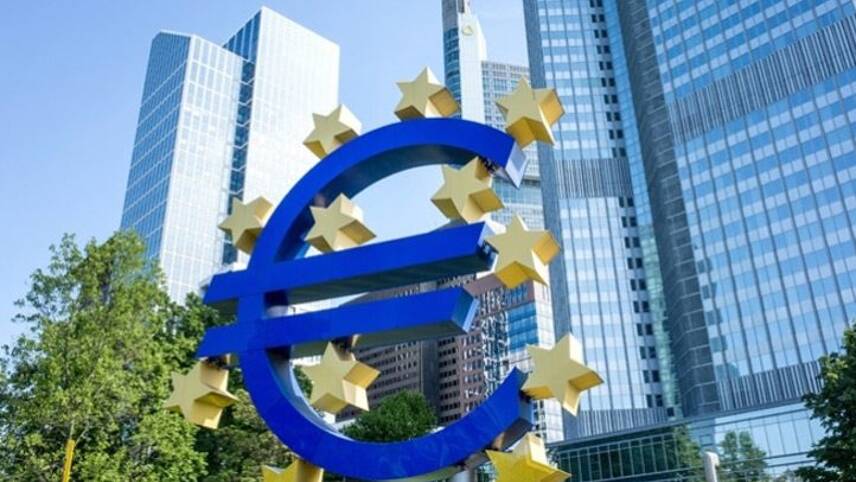Register for free and continue reading
Join our growing army of changemakers and get unlimited access to our premium content

The EIB recently pledged to cease funding for fossil fuel projects after 2021
Published on Tuesday (26 November), the report states that EU investment in climate change mitigation across the 2018-19 financial year accounted for 1.2% of bloc-wide GDP, compared to a proportion of 3.3% in China and 1.3% in the US – despite the impacts of President Trump’s widely criticised green policy decisions.
Most of this financing, the report states, was dedicated to either energy efficiency or renewables. While praising progress in these fields, the EIB warns that more financing is needed in the transport sector, which accounts for more than one-quarter of bloc-wide emissions annually and is experiencing year-on-year emissions rises. The Bank is particularly keen to see more investment in low-carbon rail.
The EIB also highlighted “weak” investment in climate-related R&D projects by academics, NGOs and businesses alike, which it dubbed a “threat” to Europe’s competitiveness. The report notes that China’s climate-related R&D spending has quadrupled since 2015. These comparative trends, compounded by slow progress on skills and digitisation across the EU, are likely to result in a “gradual loss of competitiveness”, the EIB said.
If the EU is to reach net-zero by mid-century – as the IPCC claims it will if it wishes to align with the Paris Agreement’s 1.5C trajectory – funding for energy alone will need to grow to 3% of GDP (€450bn), the EIB is warning.
The Bank is, therefore, urging more private investors to get involved in this transition – and also to funnel more into low-carbon transport.
But, given that weak growth rates and low interest rates are forecast for the next few years, and that this scale of investment is unprecedented, the EIB admits that “a tremendous effort” is required from all actors to deliver an adequate response to the climate emergency. With this in mind, the Bank is arguing that “governments with available fiscal space should consider frontloading this investment as much as possible through increased borrowing”, prioritising investments in digital technologies, local authorities and ‘smart’ infrastructure.
“Europe cannot afford to wait out another cyclical downturn,” the report states. “After a lost decade of weak investment and policy focused on short-term crisis management, urgent action must be taken on a number of structural fronts…. Europe must seize a once-in-a-generation opportunity to transform its economy.”
The report comes shortly after the EIB pledged to cease funding for fossil fuel projects in 2021. The EU’s lending arm financed oil, gas and coal projects in 2018 with more than €2.4bn.
Policy with teeth?
In related news, the European Environment Agency (EEA) has this week released a briefing analysing how EU Member States have updated their climate policies since 2017 – and what impacts these policy changes are bringing about in real terms.
It found that the bloc’s 28 member states have collectively implemented more than 400 new climate adaptation and mitigation policies since 2017, bringing the total number across the EU to more than 1,900.
Of the total number of policies, the majority cover either economic instruments such as taxes, subsidies and feed-in tariffs (44%) or energy efficiency (34%), with far less of a focus on transport and agriculture.
The briefing concludes that this uptick in policy ultimately helped the Member States reduce bloc-wide emissions by 23.2% between 1990 and 2018. But it warns that projections are still not aligned with the EU’s overarching 40% reduction by 2030, largely because not all reported policies are being implemented to time.
Moreover, the paper concludes that more qualitative data and numerical, time-bound targets are required across sectors such as transport and agriculture.
Sarah George


Please login or Register to leave a comment.